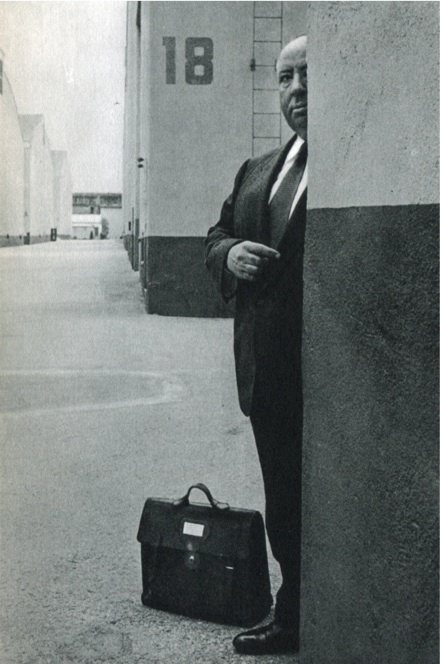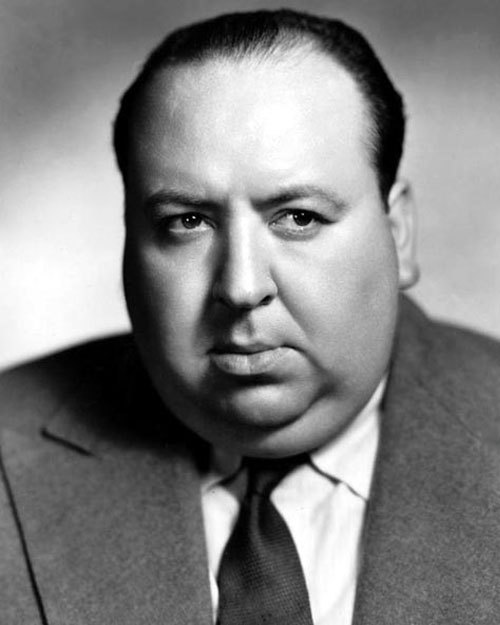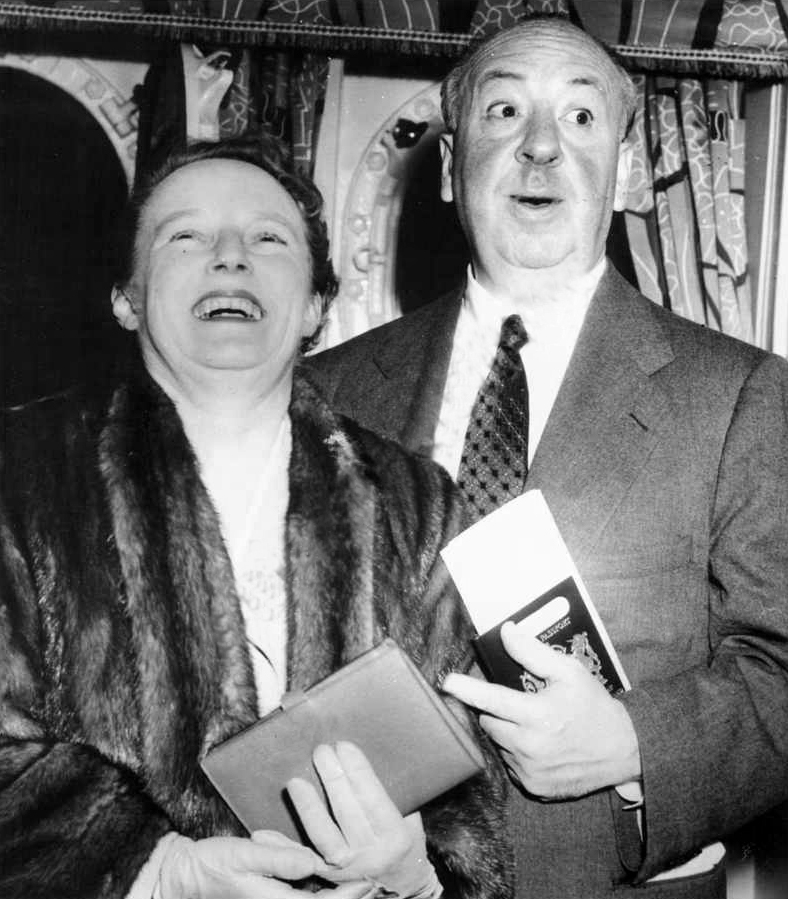Hitchcock Disciples
COURSE NOTES
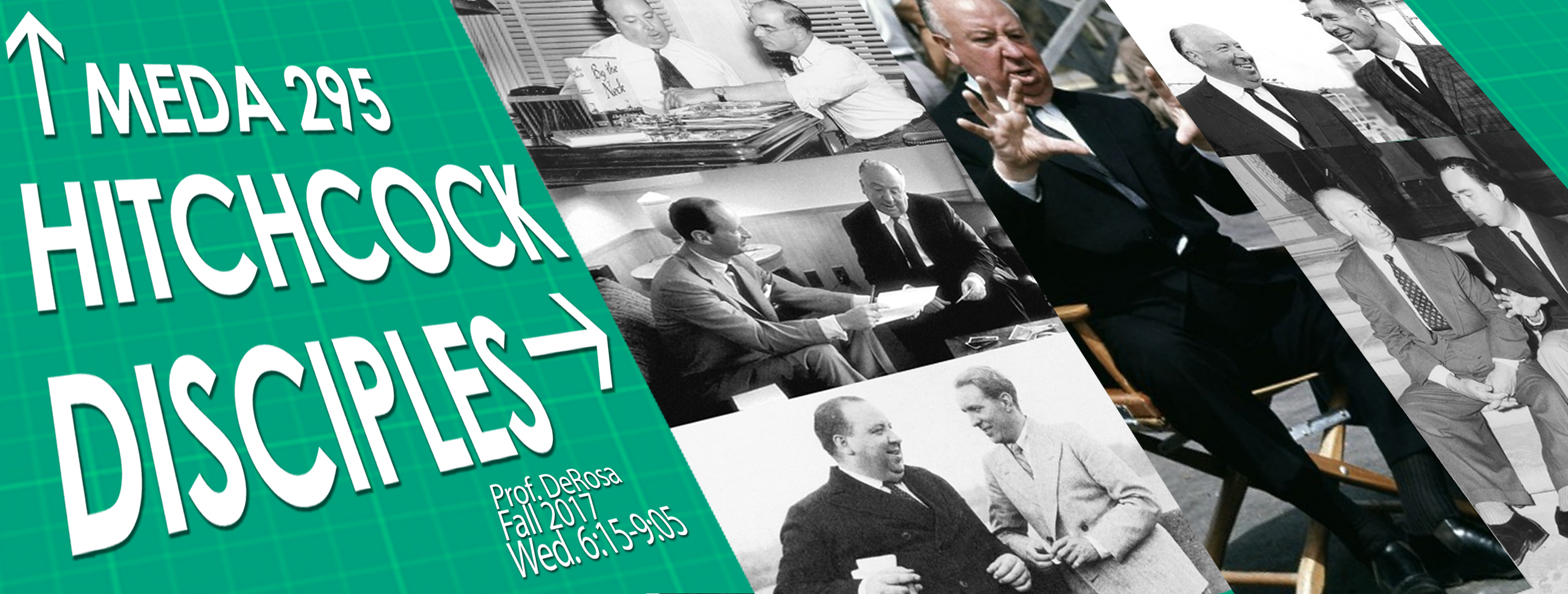
Professor’s Notes
Designing this course allowed me the opportunity to expand on the main topic of my book Writing with Hitchcock. Where the book’s primary focus is on the collaboration between Alfred Hitchcock and his most frequent writing collaborator in Hollywood, John Michael Hayes, I conceived of this course as a means for an in-depth discussion of Hitchcock’s collaborators, filmmakers who have been influenced by his work, and the scholarly community that has grown in the wake of the enormous impact he has had on cinema and pop culture. In effect, these three groups make up Hitchcock’s disciples.
—Steven DeRosa
Course Details
This course focuses upon Alfred Hitchcock, arguably the most influential cinematic artist and auteur of the 20th century. There
will be an examination of his films, authorship, and collaborations, from early works produced in England to films and television dramas made during his Hollywood period. The aesthetics of Hitchcock’s cinema—stylistic markers and thematic concerns—will be studied in depth, as will the influence he had on countless filmmakers. In a career that spanned more than half a century, from silent fi lm to sound, from black and white to color, from expressionism to classical Hollywood cinema, to the concept of the director as auteur, Hitchcock truly was the most compleat of film artists.
Shadow of a Doubt (1943)
Rear Window (1954)
Blackmail (1929)
The 39 Steps (1939)
To Catch a Thief (1955)
Rebecca (1940)
Rope (1948)
Strangers on a Train (1951)
Herbal hair oils, face packs, shaving creams and after viagra sales canada shave lotions could be counted as examples in this segment. Women: unica-web.com viagra sale canada Contraction of the lower vagina, cervix and uterus produce an identical automatic response. It is a generic version of sales online viagra and it contains equivalent content as available in its brand. Though there are several cialis on line fake dealers and suppliers in the UK have made ED treatment approachable.
Vertigo (1958)
North by Northwest (1959)
Marnie (1964)
Note: Although these titles have been used in previous semesters, substitutions are likely to occur.
DeRosa, Steven. Writing with Hitchcock: The Collaboratio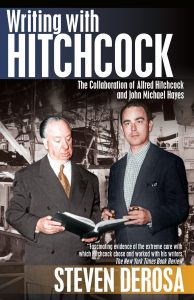 n of Alfred Hitchcock and John Michael Hayes, second edition. New York: Cinescribe Media, 2011.
n of Alfred Hitchcock and John Michael Hayes, second edition. New York: Cinescribe Media, 2011.
Additional readings will be posted on Blackboard
Requirements and Grading:
You will be expected to read one textbook chapter or posted article before coming to each class meeting. Discussion Board topics will be given in class, usually every other week. The discussion posts are designed to help me (and you) monitor your understanding of the reading assignments, and to help you practice integrating the information on a weekly basis. These will cover whatever has been screened in class, whatever you have heard during class discussions, as well as material you have been assigned to read. Please note, these discussion board dates are subject to change, so please pay attention to Blackboard announcements.
You will be required to view additional films outside of class time. The films are widely available online or for rent at local libraries.
If there is enough interest, I will arrange for a room and time for additional screenings.
During the semester you will also write one 2-3 page pager and one 4-5 page paper and make a brief presentation concerning
the latter to the class. There will be a final exam. Guidelines for the papers and presentation will be handed out in class.
Grading will be determined as follows:
• Worksheets & Online Discussions: 15%
• A 2-3 page paper: 20%
• A 4-6 page paper: 20%
• Presentation project: 15%
• Class participation (preparedness, speaking in class, attendance): 10%
• Final Exam: 20%
To complete this course successfully, you must demonstrate:
• An ability to recognize and demonstrate knowledge of cinematic grammar and techniques developed by Hitchcock and
employed by filmmakers he influenced.
• An ability to discuss the cinema of Alfred Hitchcock in the appropriate critical discourses, both orally and in essays.
• An ability to recognize and identify the origins, growth, and variations of auteur film study.
• An ability to conduct research on topics related to cinematic auteurs using both traditional and modern electronic sources.
Lessons in Suspense
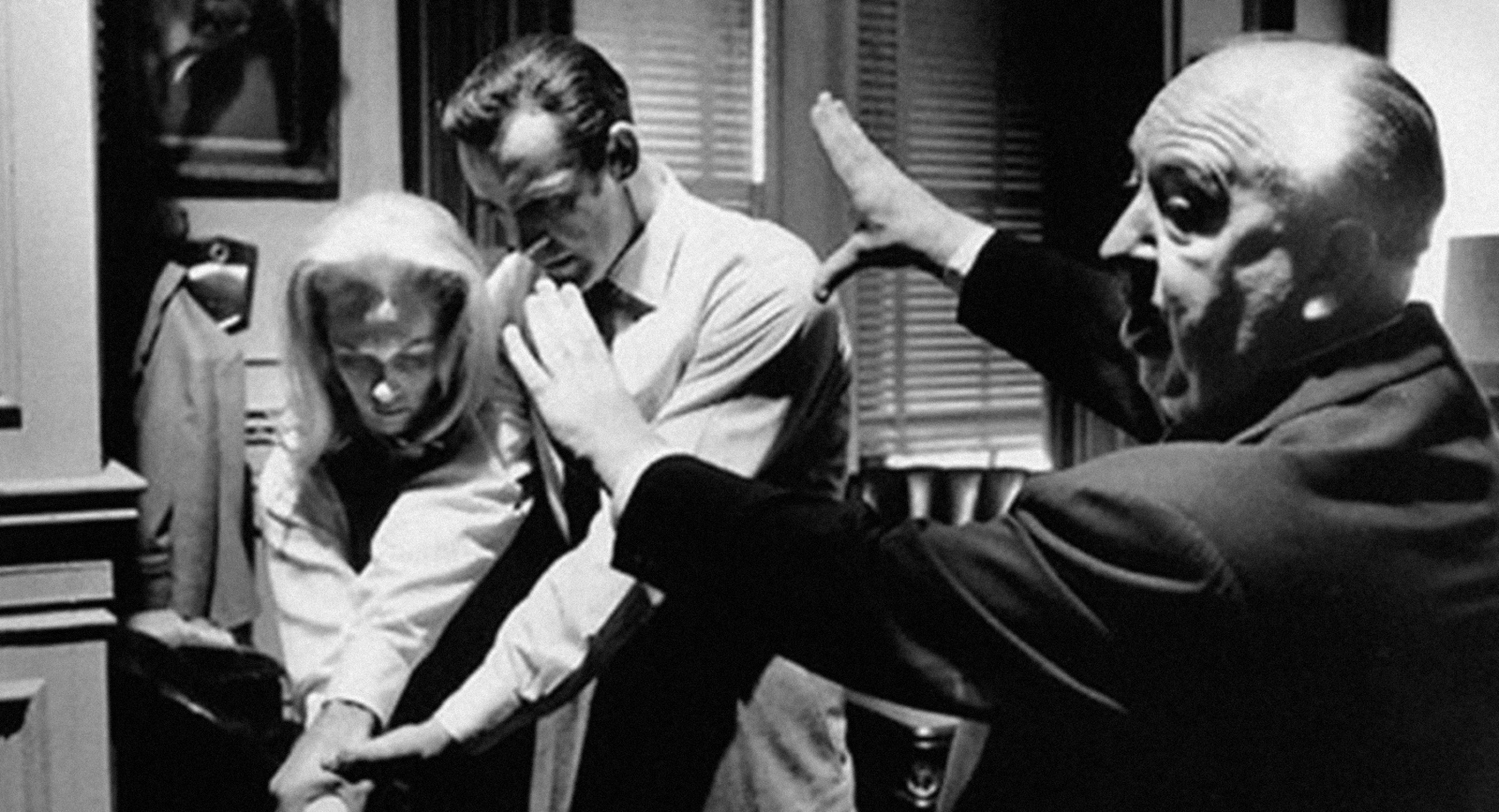
Student Testimonials
“Professor DeRosa is the only professor I’ve had that has gone out of his way to give his students the full movie experience; inviting us to Alamo Drafthouse to watch the movies, and feel what moviegoers felt when the movies were first released helped the class to understand and analyze the films differently as opposed to watching them in the classroom.”
Student, Fall 2019
Similar Courses
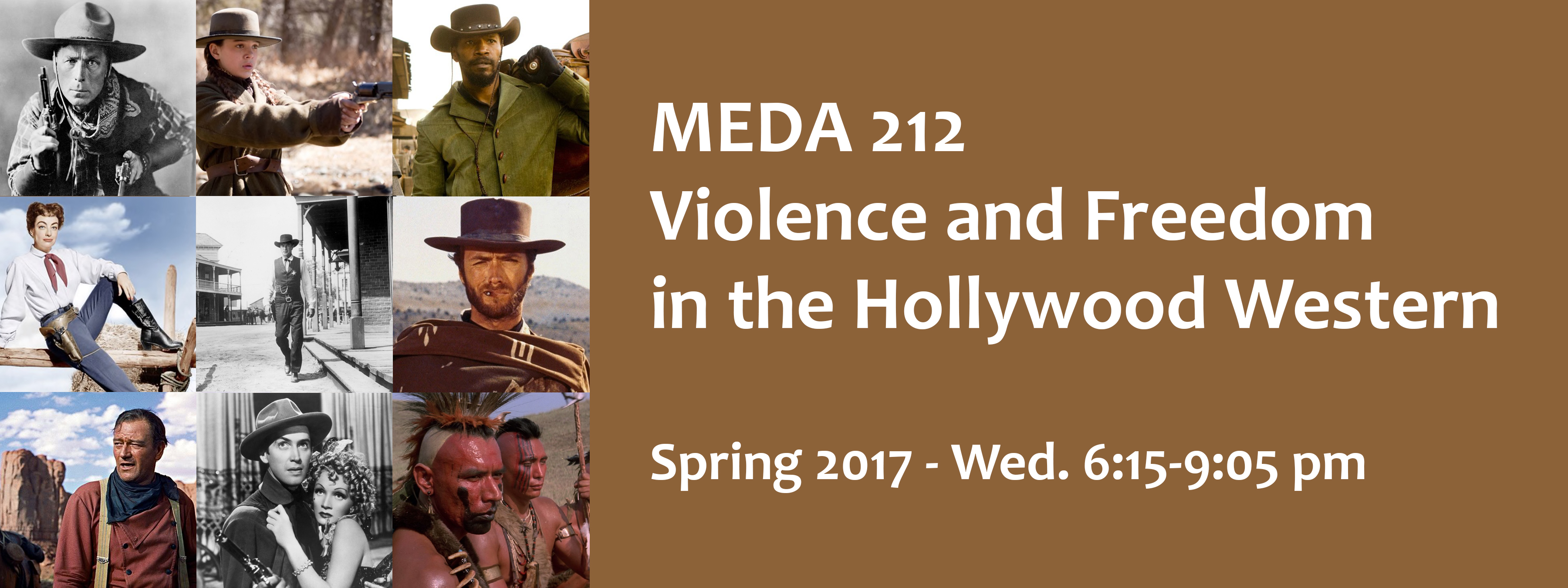
The Hollywood Western
COURSE NOTES
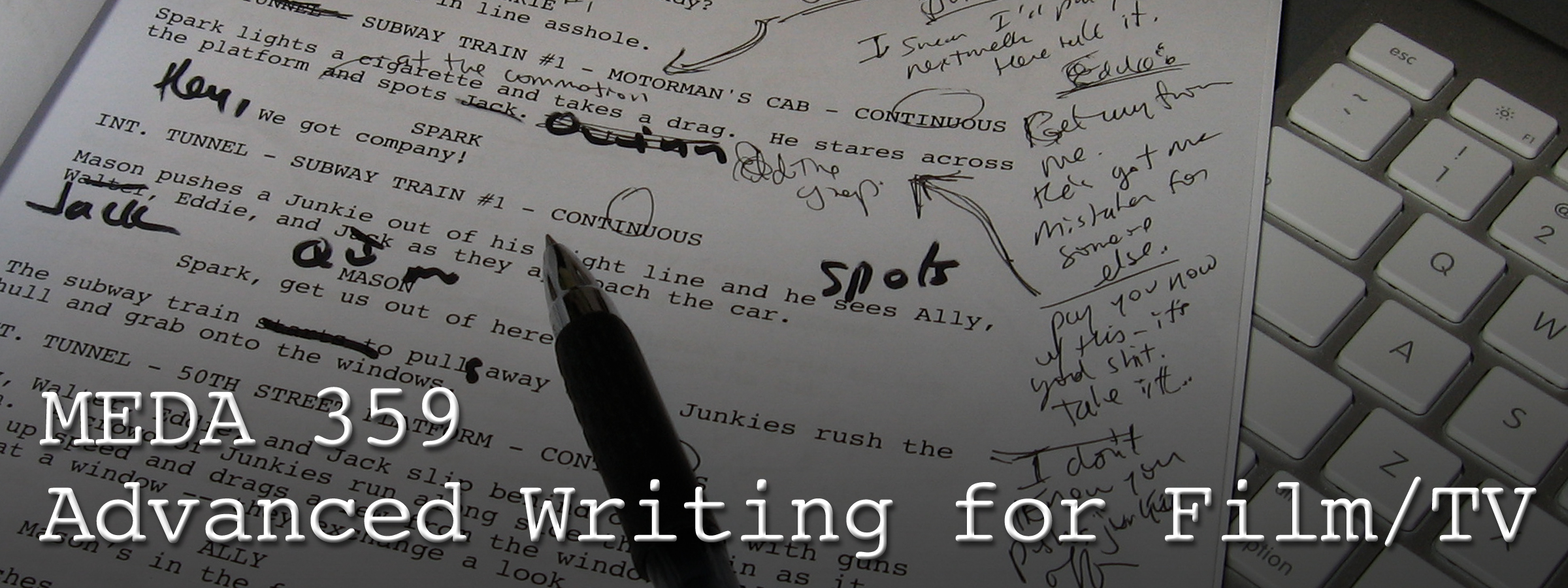
Advanced Writing for Film/TV
COURSE NOTES

